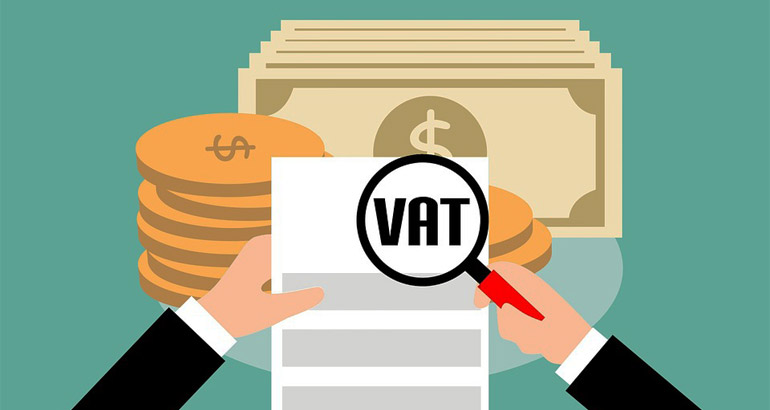VAT Regulations Are Affecting the Rate of FDI in UAE

The United Arab Emirates is a league of seven emirates, with local governments and the autonomous emirate. When the countries like Libya, Syria, and Egypt were withstanding some severe turbulence, the federation of seven emirates was considered a safe playground for the investors since the beginning of this century. Businesses have grown seamlessly in the UAE and have enticed several large multinational companies (MNC) to establish their regional headquarters in this country due to low tax rates and other favorable conditions.
The GCC suggested a willingness to move ahead with VAT after the committee ordered a general framework to be formulated. The UAE took the first step following this. The country would introduce VAT with complete drafting of laws along with corporate tax. The study is continuing by the officials on the social and economic impact of the law.
The latest tax regulations, which are implemented, has raised a lot of speculations among MNCs and large business houses in the UAE on how those regulations have affected their business operations. How will the implementation of the VAT is going to influence the rates of Foreign Direct Investment (FDI) in the country, is one of the most significant concerns for the MNCs?
Impact on Investors
The UAE stands at the 9th position for being the largest FDI recipient in Asia as stated by the latest Global Investment Report, which was published by UNCTAD. Significant achievements from countries have been received by the UAE: Hong Kong, Japan, and the UK. The UAE has equaled a massive amount of 8.9 billion USD from the foreign investors as the political and economic solidity of the country as a matter of fact in 2016, and it has created one of the most favorable business environments for the investors.
The sectors of water, electricity, and hydrocarbons are being concentrated on by the majority of foreign investment. The ease of entry to the oil resources, cost-effective energy supply, and a high purchasing power are some of the factors that have invited the investors in the first place while the economic and political firmness of the country has worked out as bliss for the investors.
Out of 190 economies (countries), UAE has been ranked 26th in the Doing Business ranking, which was published by the World Bank. The latest VAT regulation is the biggest concern for foreign investors because it is going to be affected the Foreign Direct Investment rates in the country. The UAE is not the original country to adopt the shift from indirect taxes to direct taxes.
All the investors are gazing at the regions that are steady in terms of both the economies as well as politics after experiencing the political unrest in the Arab Spring. The economic and political solidity of the UAE has put the country on the list of top countries, as mentioned before.
Impact on FDI
UAE’s low tax environment and ease of doing business have attracted several large multinationals to set up regional headquarters. A VAT could prove beneficial to the UAE in the longer term. The UAE has long been considered a haven for investors. The region will continue to be an inviting place to do business with low corporate tax rates and a favorable business environment with the introduction of VAT in the area.
Companies are looking a lot more than mere tax-free destinations to establish their businesses in the current environment. The UAE ranks unusually high on the index of economic and political stability, which is a crucial factor. The government would be helped through the revenues gained from VAT which would improve business conditions and maintain its reputation of being business-friendly.